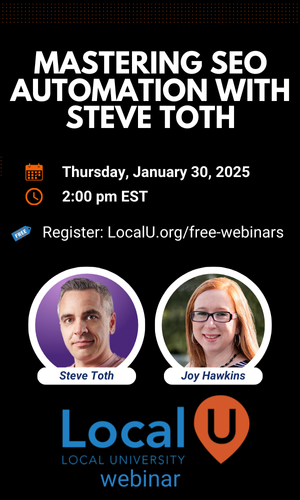- Joined
- Jun 6, 2018
- Messages
- 573
- Reaction score
- 55
Hey guys, I want to zero in and rank in the fastest way for some specific kw's, can you all help me with this and advise me on how best to go about this please?
| heating repair near me |
| boiler repair near me |
| boiler repair service |
| heating repair service |
| gas boiler repair |
| gas furnace repair |





